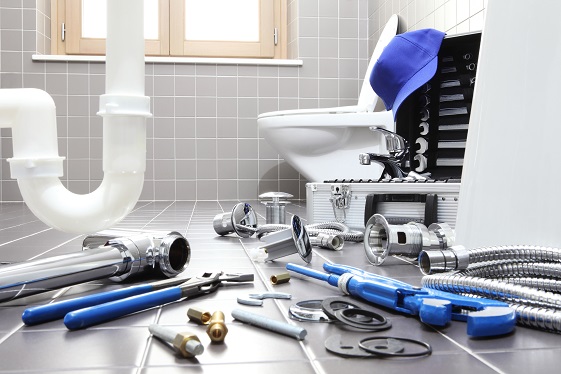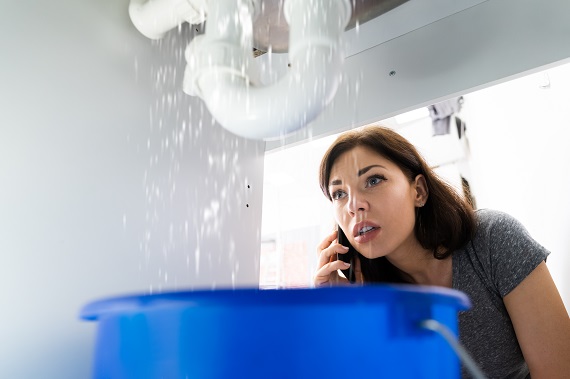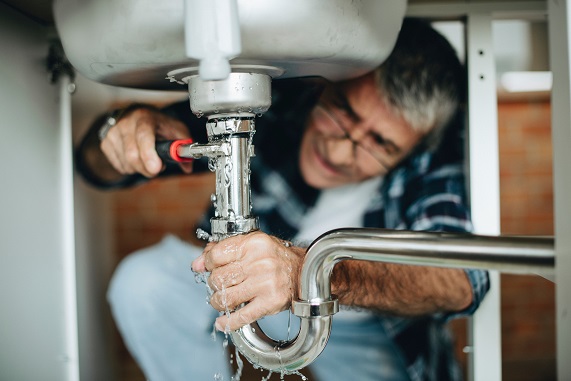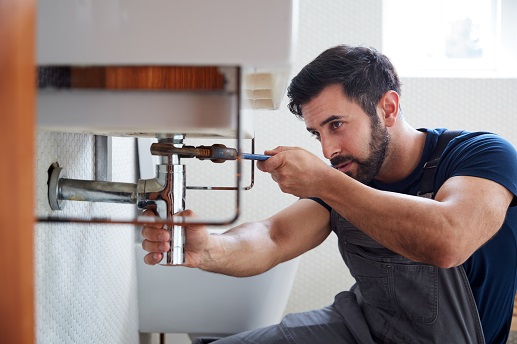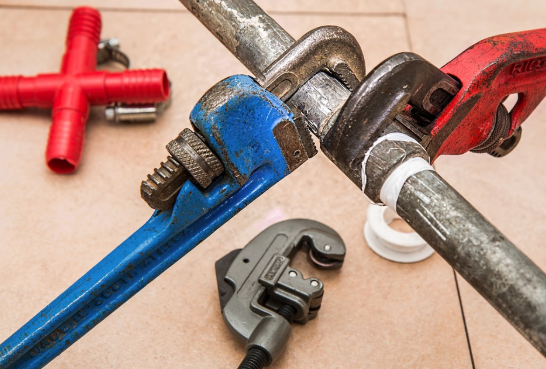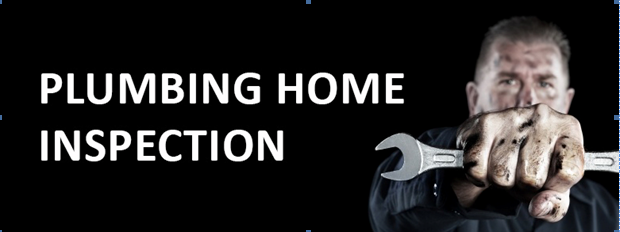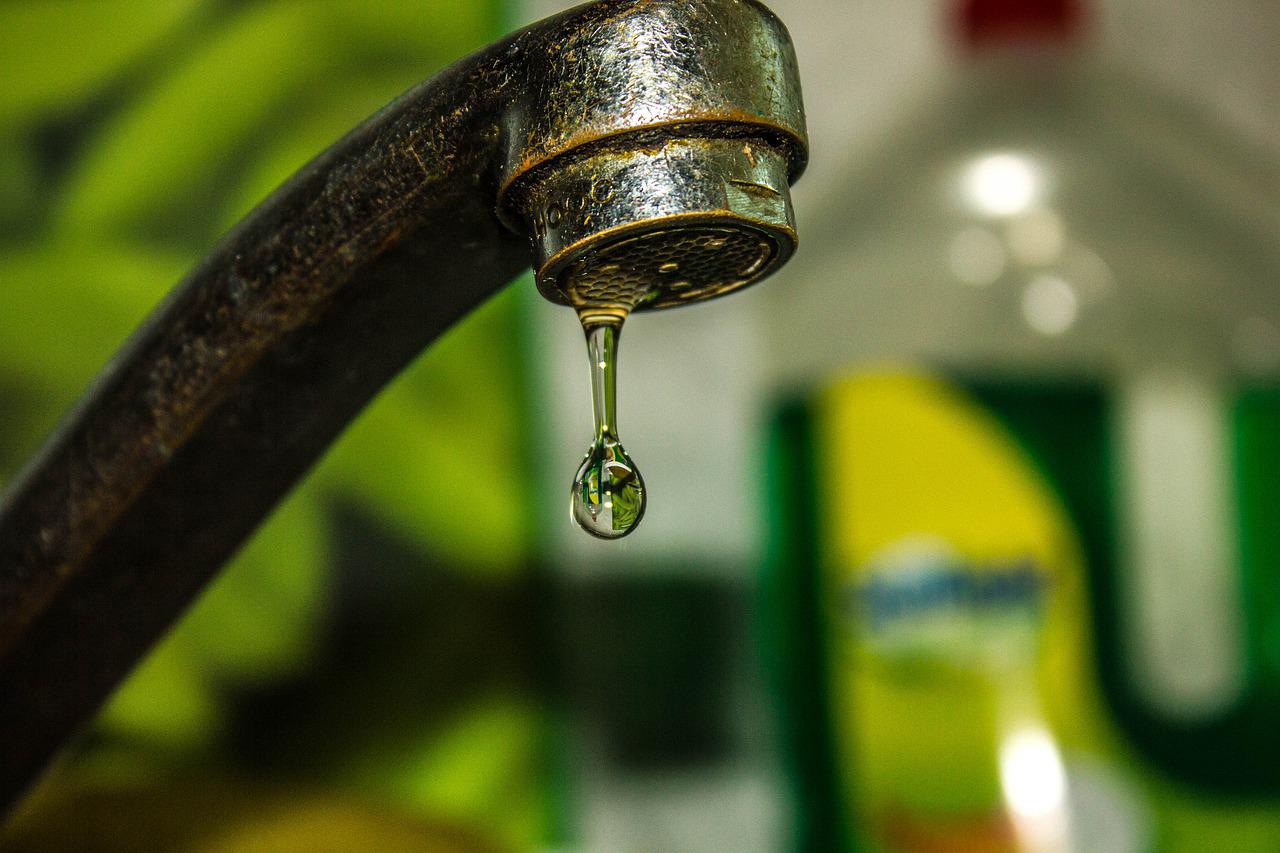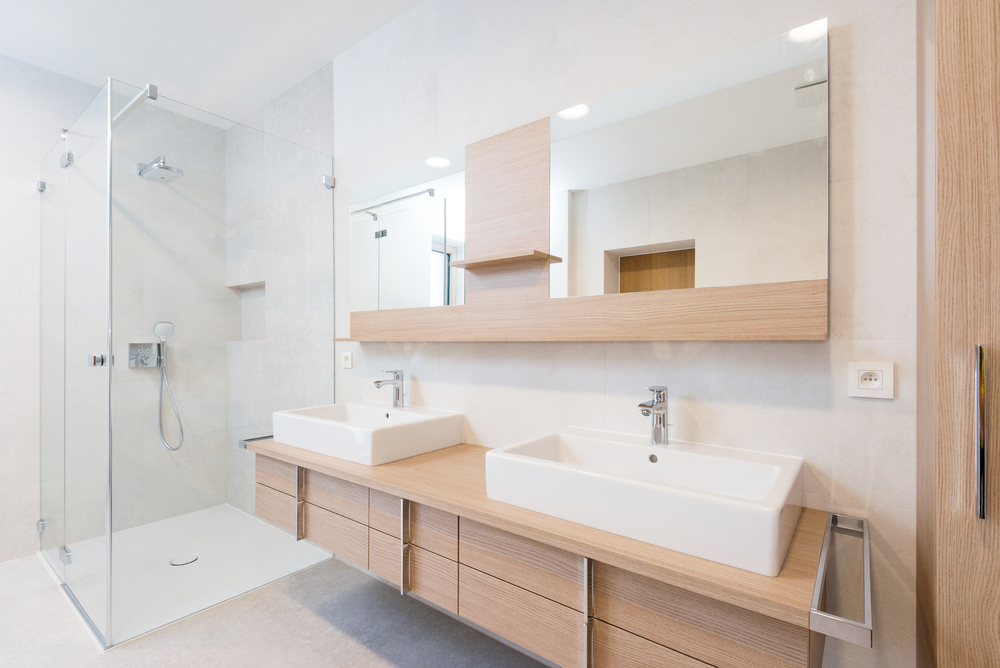The plumbing system is among the most regularly used systems in a home. As a result, it’s natural for the system to experience problems such as clogged drains, leaking faucets, burst pipes, and low water pressure, among others. Fortunately, some homeowners can address such issues and make the necessary repairs. However, it might be challenging to determine where to draw the line and call in the professionals. If you’re struggling with whether to do plumbing repairs yourself or call in the professionals, this post is here to help. It outlines the instances where professional and DIY plumbing is suitable and the pros and cons for each.
When To Hire A Professional Plumber
Although it’s cost-effective to perform plumbing repairs yourself, there’re plumbing projects that need to be handled by professionals. Trying to handle these projects yourself may lead to more harm than good. However, by trusting professionals such as Dan’s Plumbing on LinkedIn or other professionals in your local area, you can reduce property damage and have repairs done using the right equipment for guaranteed results.
If you experience the following issues, contact a licensed plumbing company:
Water Heater Issues
Replacing or repairing an old water heater can be hazardous and should be left to the professionals. This is because water heaters operate under a high-voltage power line which can be fatal if handled by unqualified personnel. Therefore, if your water heater has issues, put the wrench down and call a professional plumber for repairs.
Gas Leaks
Identifying and fixing gas leaks require vast technical skills and experience that only professional plumbers have. Gas leak repairs are delicate, and a slight mistake can lead to fatal gas explosions and carbon monoxide poisoning. That’s why you should hire experts with proper training to handle gas leaks safely. Additionally, many states dictate that only licensed plumbers should handle gas leak repairs. Therefore, trying to perform the repairs yourself can attract heavy fines.
Severely Clogged Drains
While a homeowner can handle single or two clogs using DIY techniques, multiple fixture clogs require professional plumber services. Multiple clogs signify that your main drain is clogged, and it might be impossible for a homeowner to solve such an issue. However, professional plumbers have the right equipment to locate and dislodge the clogs.
Pros And Cons Of Hiring A Professional Plumber
Everything has its ups and downs. To help you make an informed decision, here are the pros of hiring a professional plumber:
1. They have the technical skills and knowledge to accomplish tasks safely
2. They can identify potential underlying issues and fix them
3. They have relevant credentials such as a license and insurance
4. They offer a guarantee on their work
5. They’re familiar with safety risks and reduce safety hazards
On the other hand, here are the cons of hiring a professional plumber:
1. They may be expensive to hire
2. They can charge more money for spare parts
Before hiring a professional to fix your plumbing issues, weigh the advantages and disadvantages of hiring one. Aside from these, you must consider if the issue is minor and can be solved on your own or require professional intervention.
Do-It-Yourself Plumbing Repairs
Homeowners can handle many minor plumbing issues easily without the risk of causing more damage. With vast information on the internet, you can handle repairs by learning new skills and following instructions from credible sources online. By handling these repairs yourself, you can save on hiring professional plumbers.
Some plumbing issues a homeowner can handle include:
Leaking Faucet
Leaking faucets are a common plumbing issue that can be fixed on your own. Many times, the main issue with leaking faucets is worn-out parts inside the faucet. Therefore, what’s to be done is to open up the faucet and look for worn-out parts. If there are any, replace the old rubber washers and O-rings with new ones, and make sure the new spares are the same types as the old ones.
Toilet Issues
As a homeowner, you may encounter minor toilet issues such as the toilet not flushing, a clogged toilet, or the toilet tank not refilling. These are minor issues that can be fixed without the help of a professional. For instance, if the toilet isn’t flushing or refilling, this signifies faulty parts inside the toilet’s tank. These parts can easily be replaced and have the toilet function as it should. On the other hand, if the toilet is clogged, you can use a plunger, homemade uncloggers, or a plumber’s snake to dislodge the build-up.
Clogged Sinks
logged kitchen and bathroom sinks are common issues in every home. Food debris and grease are the major causes of clogs in kitchen sinks, while soap residue and hair are the culprits for clogged bathroom sinks. These issues can easily be fixed at home using homemade uncloggers such as baking soda and vinegar or vinegar and salt solutions.
Pros And Cons Of Do-It-Yourself Plumbing
Just like hiring a professional plumber, doing plumbing repairs on your own has its advantages and disadvantages. The following are the pros of DIY plumbing:
1. Cost-effective
2. Gives you the opportunity to learn new skills
On the other hand, the disadvantages of a DIY plumbing repair include:
1. You may not have adequate knowledge and skills to do the repairs
2. You may make mistakes that may incur unnecessary costs in the long run
3. Not licensed or insured
4. You’re exposing yourself to potential hazards
When choosing to handle a plumbing issue on your own, keep these advantages and disadvantages in mind. Also, you must know the dos and don’ts of DIY plumbing repairs. You must also ensure that you have the right tools and equipment to repair your system properly.
Conclusion
It’s challenging to determine the balance between the home plumbing issues you can fix and those that require a professional plumber. Fortunately, the above guide will help you know where to draw the line when dealing with plumbing issues.

